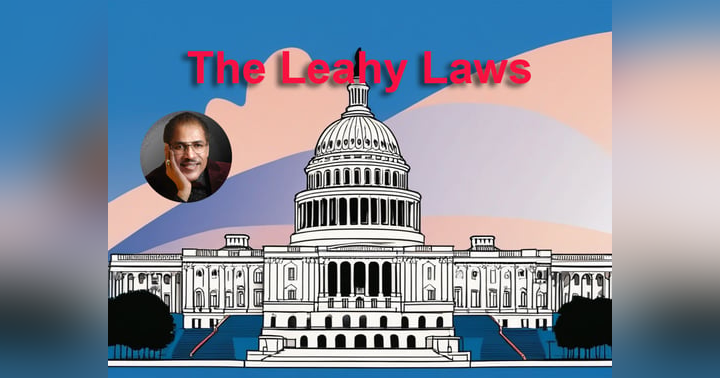The Lobby
In the United States, lobbying organizations play a significant role in shaping policy decisions and influencing government officials. Two prominent lobbying groups that have garnered attention for their influence are the National Rifle Association (NRA) and powerful Israeli Lobby in Washington. These organizations wield considerable power and resources to advocate for their respective interests, often with far-reaching consequences.
The NRA one of the most powerful lobbying groups in United States, is for its staunch defense of gun rights and opposition to gun control measures. The spends millions of dollars each year lobbying efforts, campaign contributions, and grassroots activism to influence lawmakers and shape public opinion on gun-related issues. The NRA's influence is so pervasive that many politicians are hesitant to challenge the organization for fear of backlash from its supporters.
Similarly, the Israeli Lobby, comprised of organizations like the American Israel Public Affairs Committee (AIPAC), is known for its strong advocacy on behalf of Israel in Washington. The Israeli Lobby wields significant influence in shaping U.S. foreign policy towards Israel, often pushing for policies that align with the interests of the Israeli government. Critics argue that the Israeli Lobby's influence has led to one-sided policies that favor Israel at the expense of Palestinian rights.
One area where the lobbying power of these organizations intersects with human rights violations and ethnic cleansing is in the Israeli-Palestinian conflict, specifically in the West Bank and Gaza. The Israeli government's policies towards Palestinians, including settlement expansion, occupation, and military aggression, have been enabled and supported by the lobbying efforts of organizations like AIPAC. As a result, Palestinians continue to face systematic discrimination, displacement, and violence, leading to ongoing human rights violations and ethnic cleansing in the region.
Numerous reputable sources and studies have documented the impact of lobbying organizations on policy decisions related to the Israeli-Palestinian conflict. A report by Human Rights Watch, for example, found that U.S. military aid to Israel has enabled and facilitated human rights abuses against Palestinians, including the demolition of homes, land confiscation, and restrictions on movement. The influence of the Israeli Lobby in Washington has been instrumental in maintaining this military aid and shielding Israel from accountability for its actions.
The ethical implications of lobbying organizations like the NRA and the Israeli Lobby are profound. By exerting their influence on lawmakers and shaping policy decisions, these organizations can perpetuate human rights violations, undermine democracy, and fuel conflict. The prioritization of narrow interests over broader social values and ethical considerations raises questions about the accountability of lobbying activities and the need for transparency in the political process.
Real-life examples illustrate the consequences of unchecked lobbying power. In the case of the Israeli Lobby, the continued support for Israeli policies has contributed to the entrenched occupation and oppression of Palestinians, perpetuating conflict and suffering in the region. Similarly, the NRA's influence has hindered efforts to enact common-sense gun control measures, contributing to the epidemic of gun violence in the United States.
Experts and advocates have called for greater scrutiny of lobbying activities and a reevaluation of the role of special interest groups in shaping political decisions. The undue influence of organizations like the NRA and the Israeli Lobby highlights the need for reforms to promote transparency, accountability, and ethical governance in the political process. By raising awareness of the impact of lobbying on human rights and democracy, readers can advocate for measures to curb excessive lobbying power and ensure that policy decisions prioritize the common good over narrow interests. It is imperative that individuals critically assess the role of lobbying in shaping political decisions and hold lawmakers accountable for upholding ethical standards in governance.




